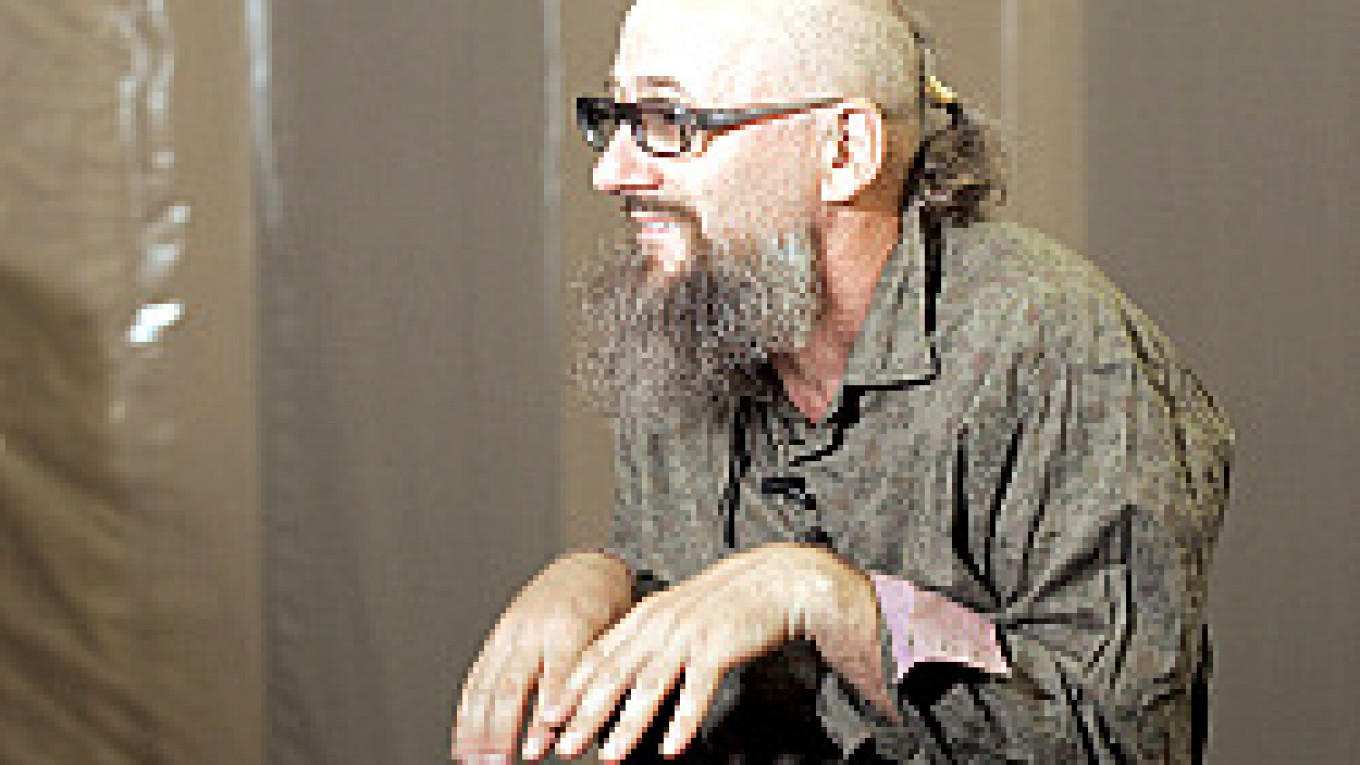But while Russia is importing international art, promoting its own artists is another story. Almost no contemporary artists are known worldwide, and the ones who are, such as sculptor Zurab Tsereteli -- whose "Tear of Grief" monument commemorating the attacks on the World Trade Center was controversially rejected by Jersey City -- are not principally known for their talent.
The Kandinsky Prize, Russia's answer to the Turner Prize in Britain, hopes to change that. Organized by magazine ArtKhronika with sponsorship from Deutsche Bank, the prize will be handed out in the following categories: young artist (aged up to 30), media art project of the year, artist of the year and a people's choice award voted for by members of the public.
"This is a natural progression. In the last two years, we have had the Biennale, art fairs and many exhibitions. With all these events, there comes growth in numbers of art critics, art investors, art foundations and institutes, and so we decided there should also be an art prize," Nikolai Molok, the editor of ArtKhronika, said at a news conference last week.
The prize will award 40,000 euros to the artist of the year, while the winning young artist will spend three months at the Villa Romana, a German-run cultural study center in Florence. The media art and people's choice winners will take home 10,000 and 5,000 euros respectively.
At the news conference, a list of 266 names, including such renowned artists as Oleg Kulik and Gor Chakhal, was handed out to journalists. This will be boiled down to a long list of 50, and the works of each artist will be shown to an international jury from Oct. 1 to 3 at Vinzavod gallery complex.
The six-person jury includes Jean-Hubert Martin, general director of the Kunst Palast museum in Dusseldorf; ArtKhronika editor Molok; Valerie Hillings, a curator at the Guggenheim Museum in New York; and Andrei Yerofeyev, the head of the Tretyakov Gallery's contemporary art department. They will vote on the works using a point system, with each juror's vote having equal weight.
"Many big names applied but they couldn't make it to Moscow," said Shalva Breus, the publisher of ArtKhronika. "For me, it was vital that they saw the physical work, not just [images]on the web site."
There is also an emphasis on transparency for the judges. "I want everyone to see that the winner will be chosen fairly," Breus said. "I am inviting the press to view the judging process at Vinzavod, and even though this will inconvenience the judges, I will let the press ask questions."
The people's favorite award will be chosen via the prize's web site, via messages sent using cell phones and by gallerygoers indicating their favorite works. "We haven't finalized this, but I think that viewers will put a sticker next to the work they like best; it's a method that has worked in the past," Molok said. The recently opened Art4.Ru gallery allowed visitors to vote for their favorite artworks in this way.
A final shortlist will be announced by November and works by the nominees will be exhibited to the public at Vinzavod. The award ceremony will be held in mid-November.
A Message from The Moscow Times:
Dear readers,
We are facing unprecedented challenges. Russia's Prosecutor General's Office has designated The Moscow Times as an "undesirable" organization, criminalizing our work and putting our staff at risk of prosecution. This follows our earlier unjust labeling as a "foreign agent."
These actions are direct attempts to silence independent journalism in Russia. The authorities claim our work "discredits the decisions of the Russian leadership." We see things differently: we strive to provide accurate, unbiased reporting on Russia.
We, the journalists of The Moscow Times, refuse to be silenced. But to continue our work, we need your help.
Your support, no matter how small, makes a world of difference. If you can, please support us monthly starting from just $2. It's quick to set up, and every contribution makes a significant impact.
By supporting The Moscow Times, you're defending open, independent journalism in the face of repression. Thank you for standing with us.
Remind me later.


